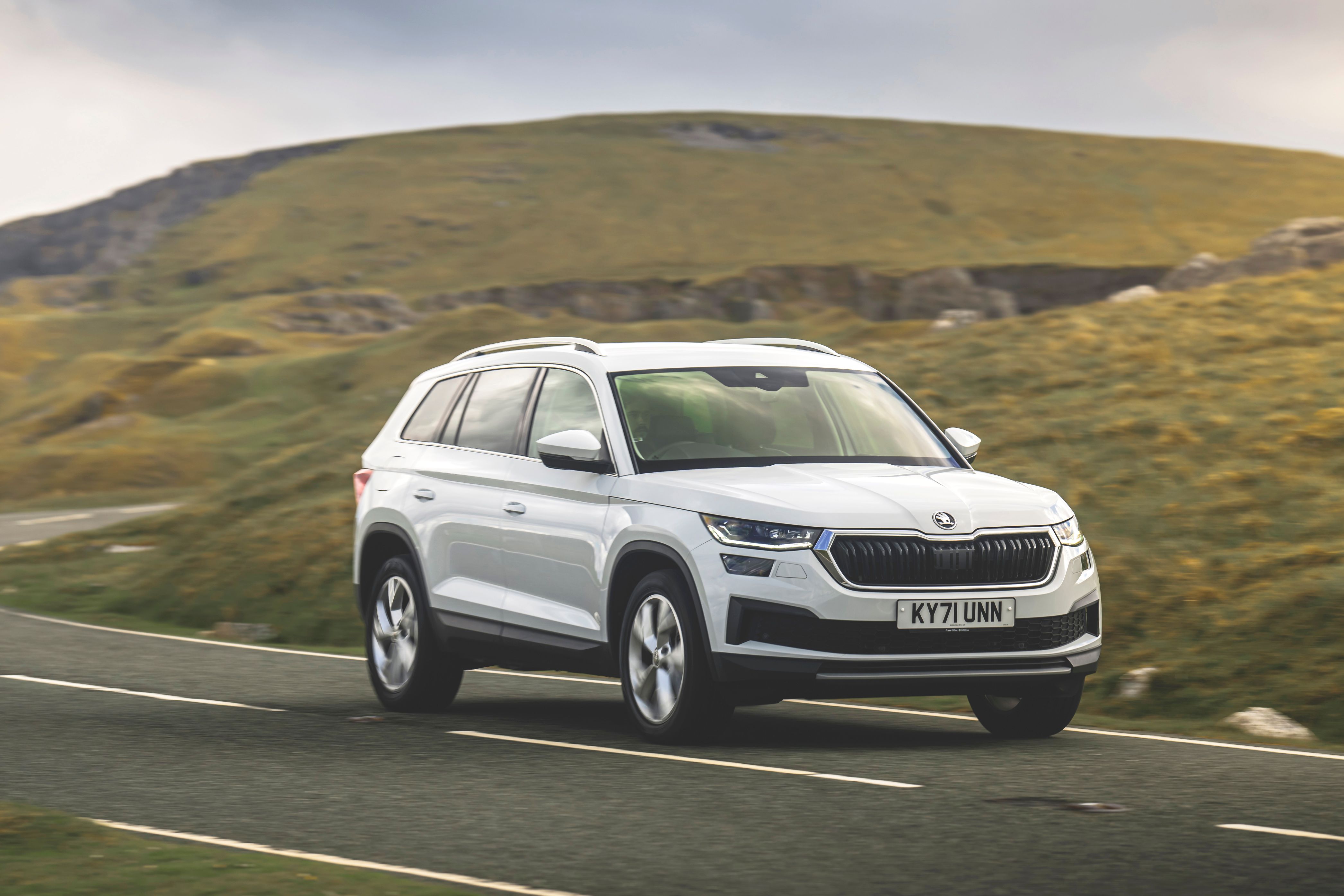Car advice


Find the best car for you and your dog with our Dog-Friendly Car Guide

Buying guides, articles and advice from our team of experts.
Find Your Perfect Car Faster with Cazoo!

Best Electric Cars in 2025
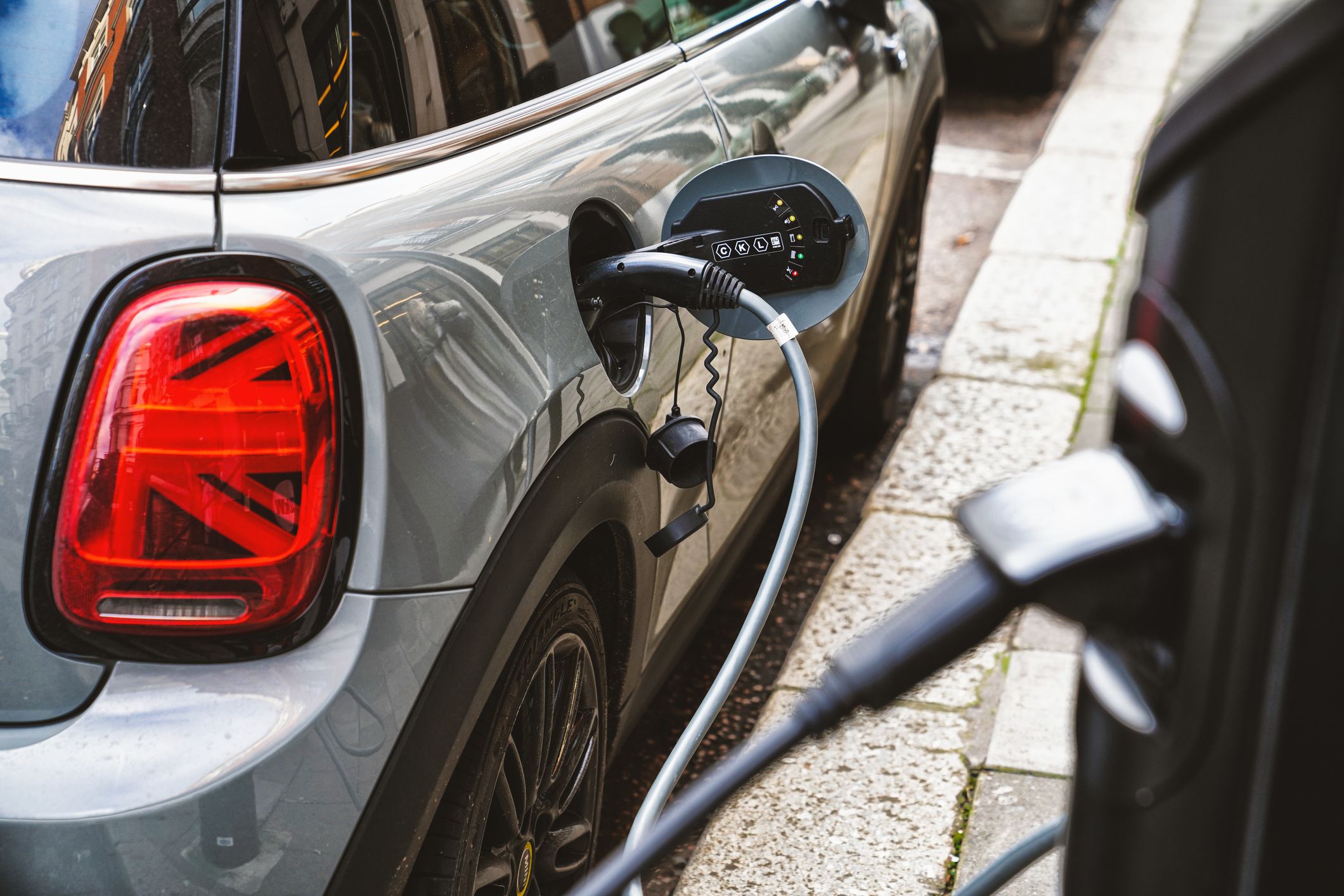
Used car comparison: Porsche Cayenne vs Porsche Macan
Buying guide
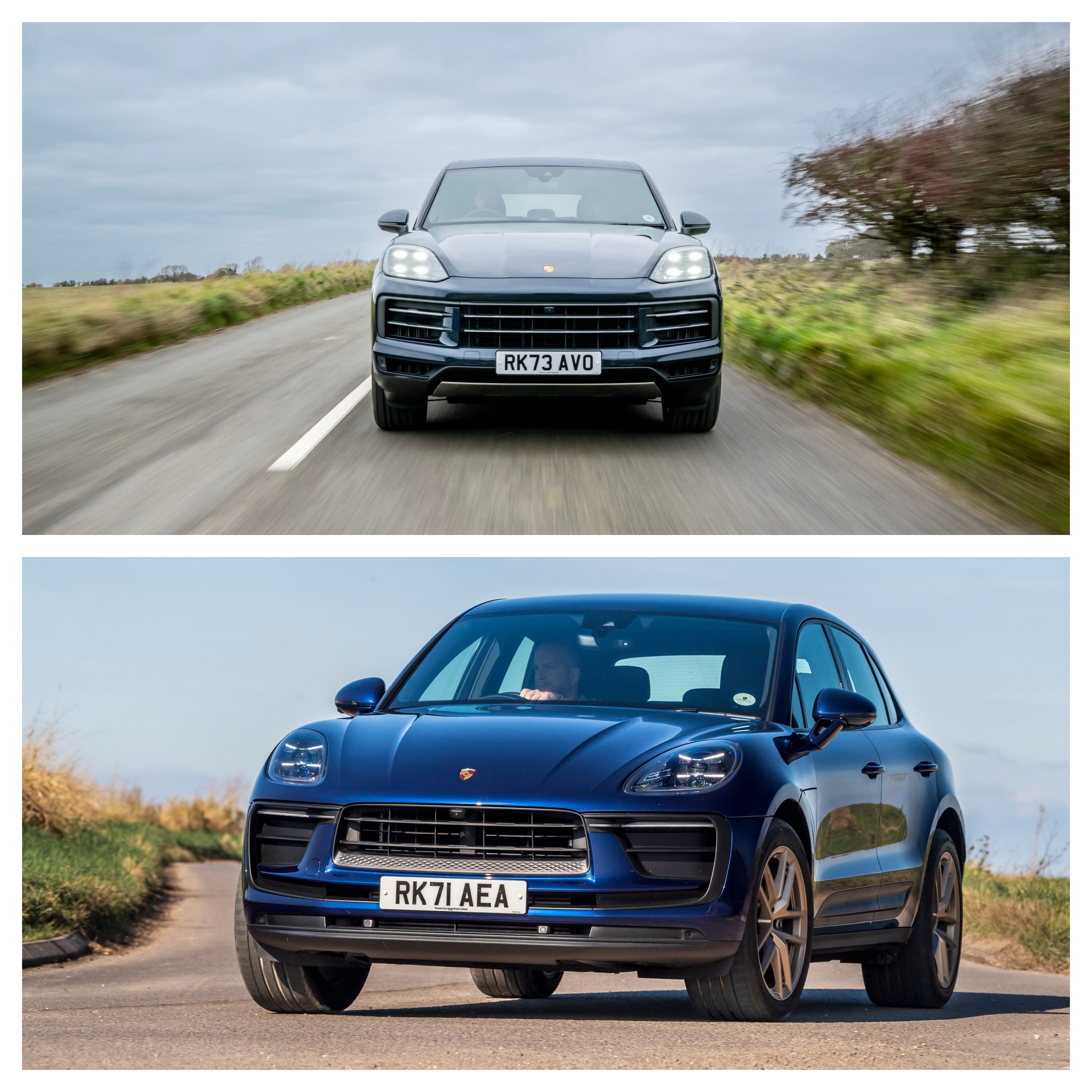
Honda Civic Type R (FL5) vs Honda Civic Type R (FK8): Which one makes a better used buy?
Buying guide
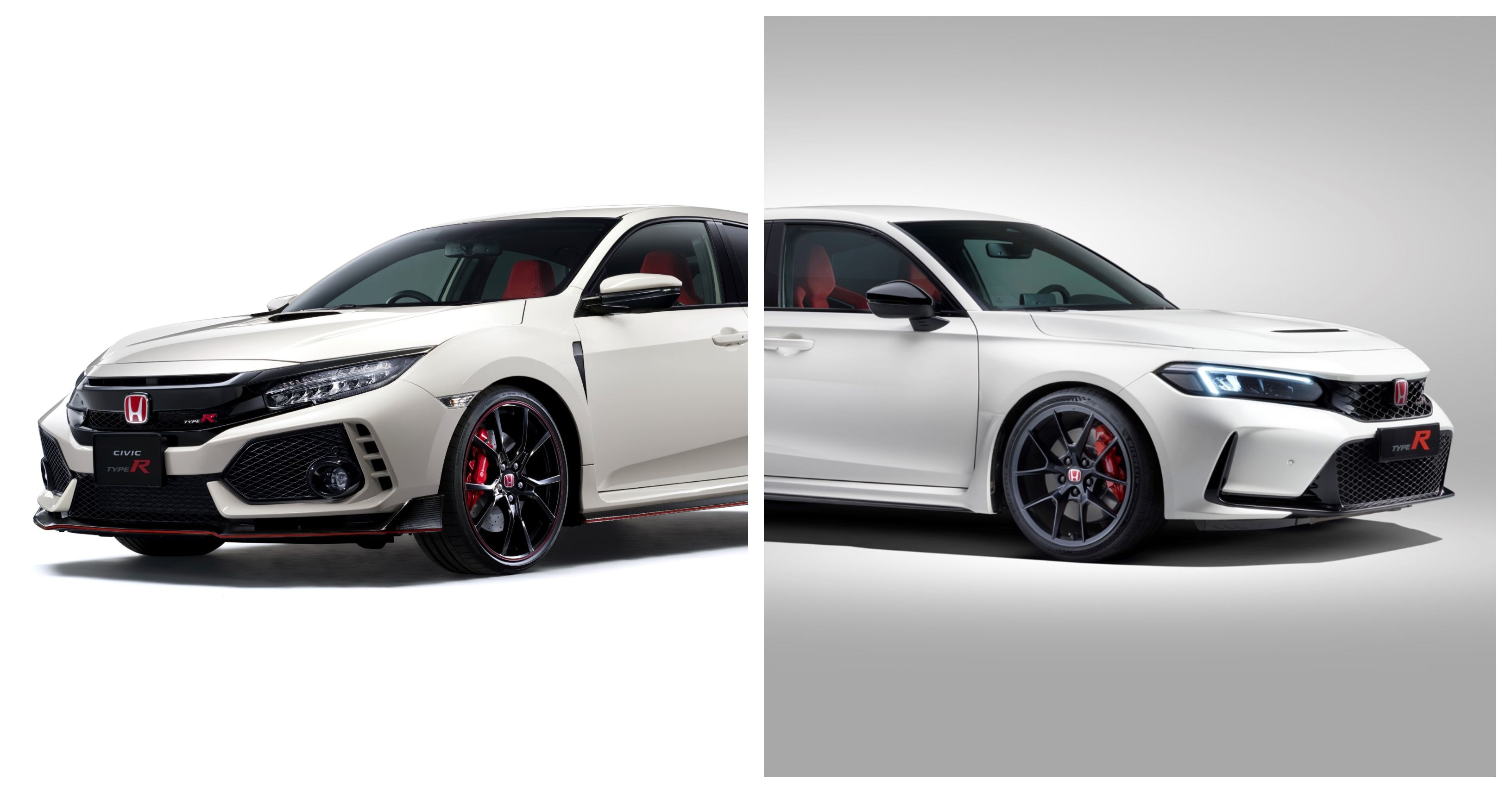
Used car comparison: Ford Ranger vs Toyota Hilux
Buying guide
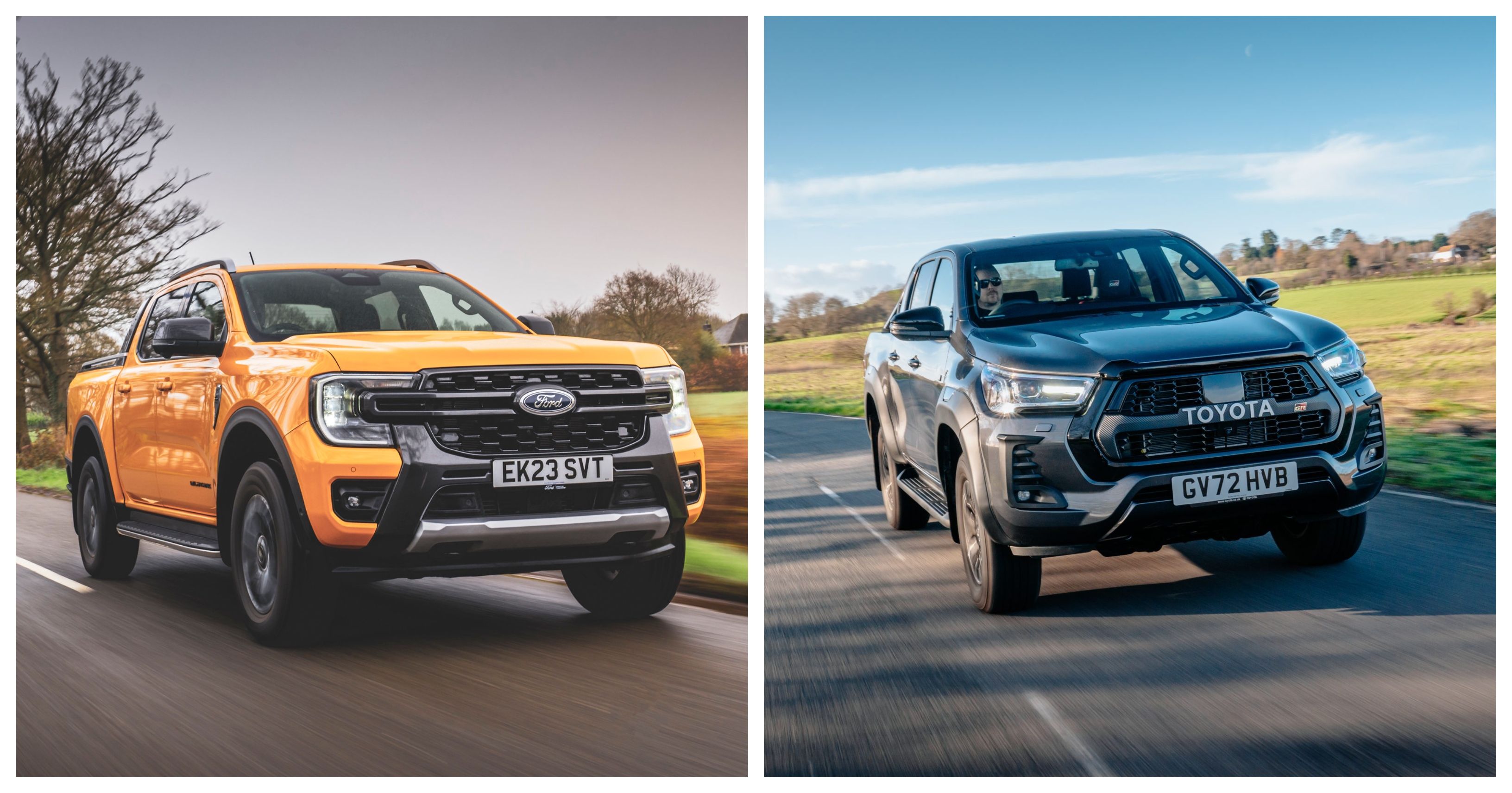
Honda Jazz vs Toyota Yaris: Which one is a better used buy?
Buying guide
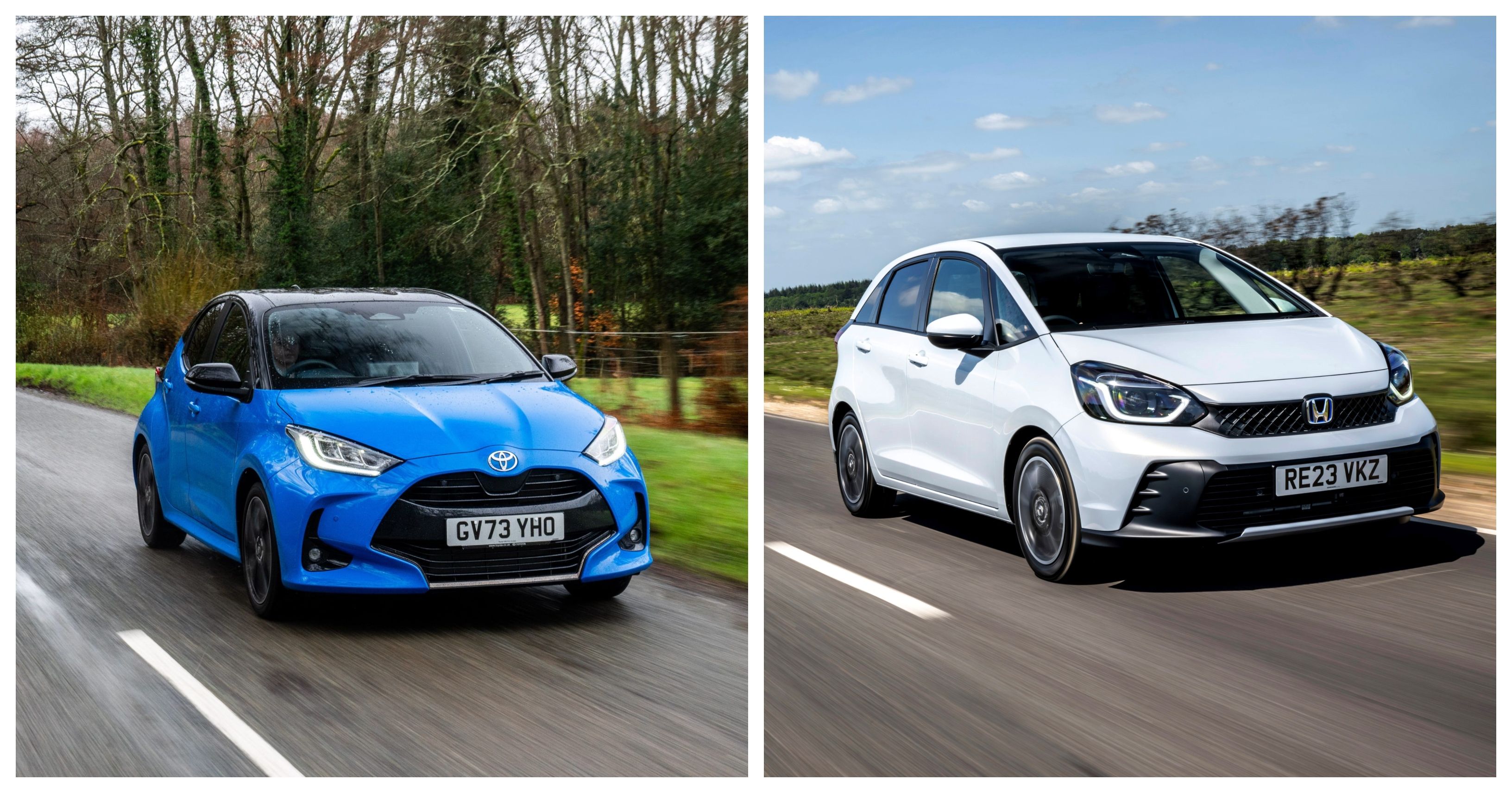
Best Cars for Dogs: Cazoo Dog Friendly Car Guide

Used car comparison: BMW M2 vs BMW M4
Buying guide

Tyre Codes Explained: What does the writing on a car tyre mean?
Buying guide
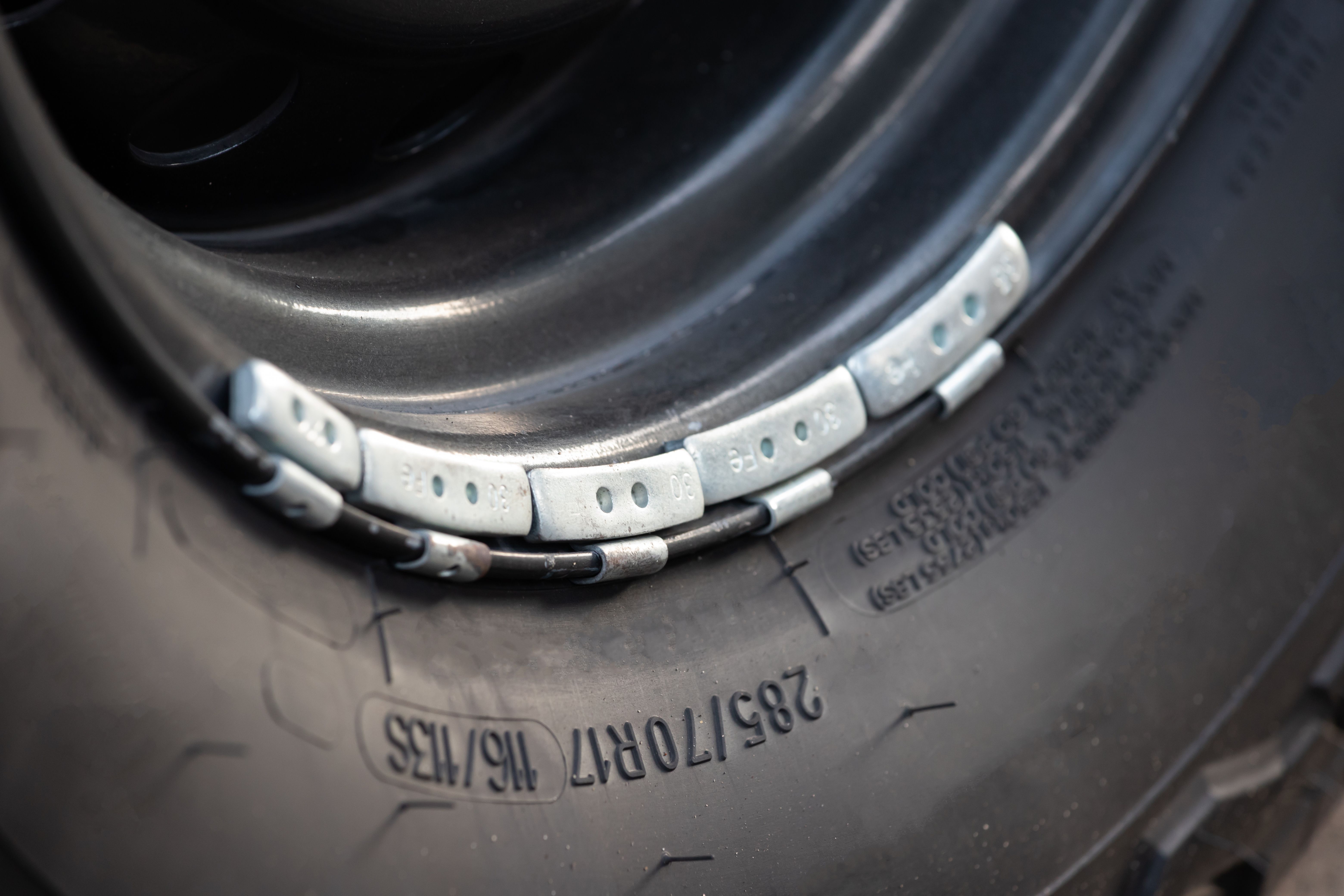
Best Used Hatchbacks
Buying guide
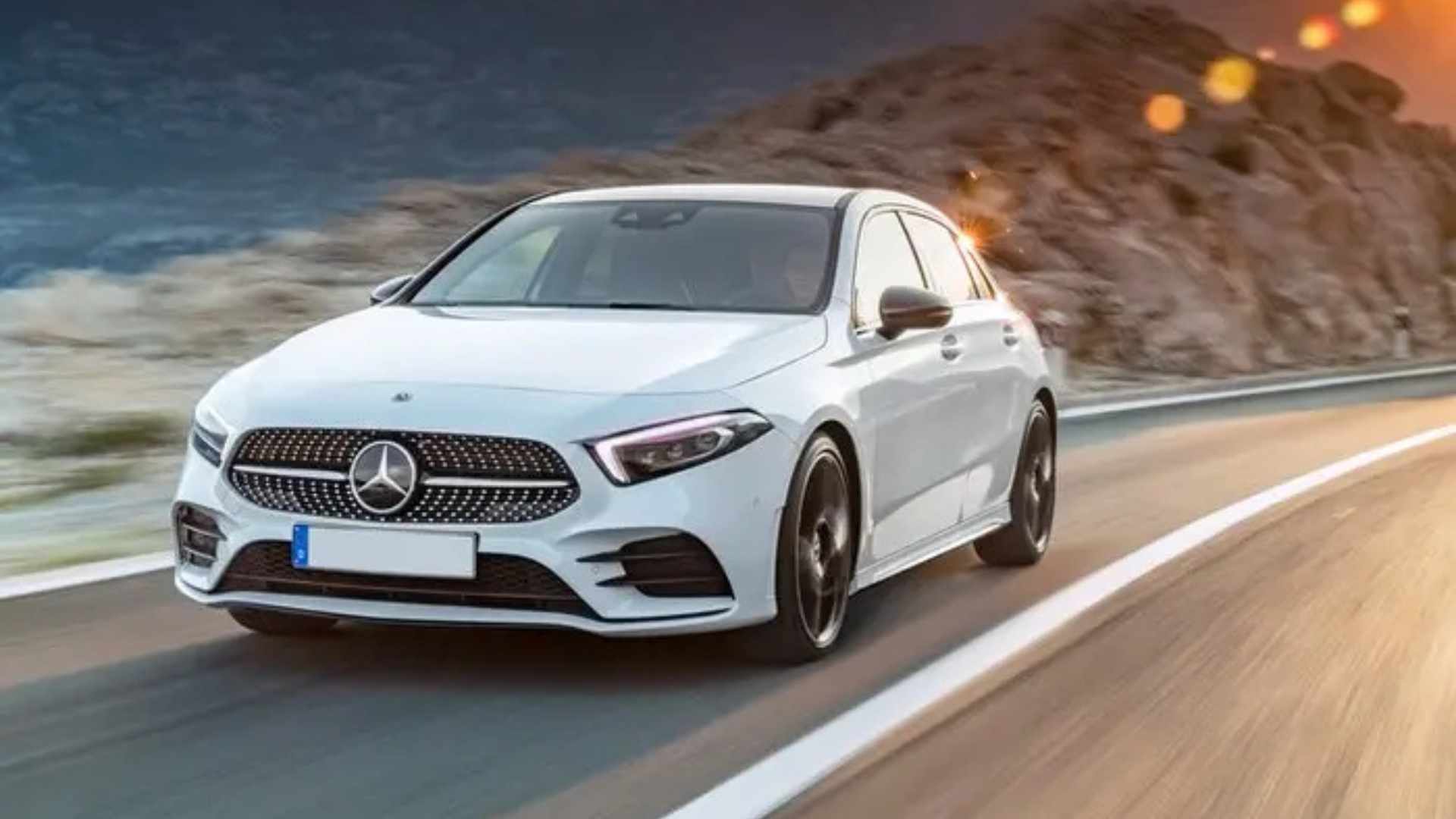
What is MPG?
Buying guide

Best used hybrid SUVs 2025
Car advice
